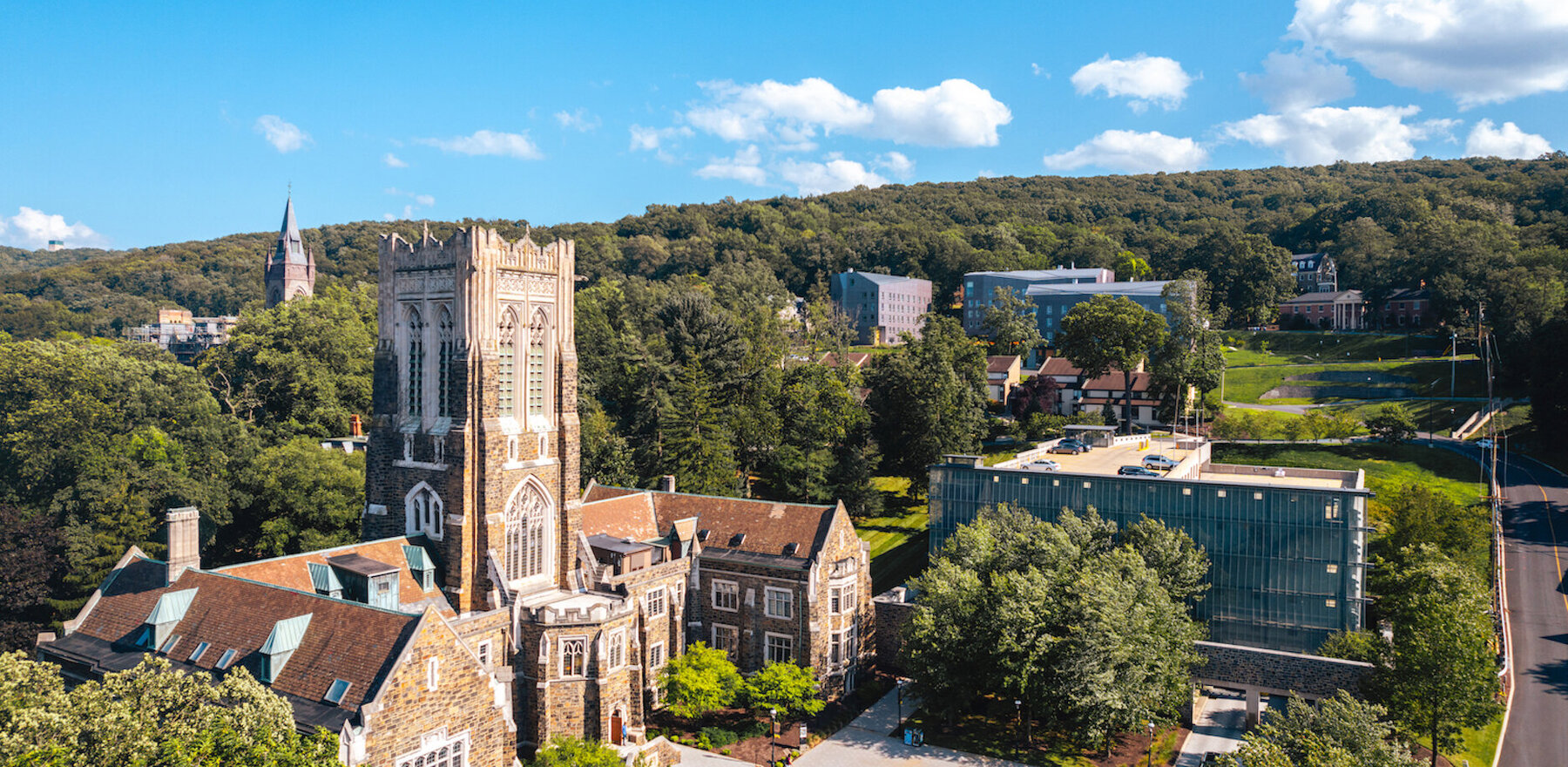Lehigh University offers guidance and support to faculty and the international community amid evolving federal policies and travel uncertainties.
The following message was originally shared via email with members of the Lehigh community on March 28, 2025. It is being republished here to provide broader access and context regarding recent federal actions impacting international students and scholars.
Dear Faculty,
We know that recent events have left many of Lehigh’s international students and scholars feeling deep uncertainty, anxiety, and, for some, fear. As government policies continue to shift, the resulting distress is both real and significant.
The Office of International Affairs and the Office of International Students and Scholars (OISS) are closely monitoring events and maintaining regular communication with international students, faculty and staff. Our priority is to provide clarity where possible and offer as much support as possible when answers remain uncertain. We appreciate the many of you who have reached out, asking how to best support international students and scholars in your classrooms and research groups. In this email, we offer guidance and perspective on some of the challenges currently faced by our international community.
International Travel
Given the current climate, we are advising F-1 international students, J-1 Exchange Visitors, H-1B workers and Green Card holders to reconsider any non-essential travel outside the U.S. We recognize that “essential” may mean different things for different people: attending a conference or going home for the summer may be essential for one person but not another. Travelers should be aware that heightened scrutiny at US Ports of Entry can result in significant difficulties when reentering the United States, even for individuals who are permanent residents. At this point, we urge caution when making travel plans, including for conferences, study abroad, and personal trips.
Potential Travel Restrictions
Specific travel restrictions (sometimes called “travel bans”) have not yet been implemented, but the Executive Branch has indicated that restrictions may be coming. While reporting suggests that citizens of certain countries may be subject to restrictions, no official list has been released, and details are still evolving. If restrictions are announced, we anticipate confusion and delays at ports of entry. As information becomes available, OISS will update its Immigration Updates and Travel Advisory page and use e-mail for important updates.
It is important to keep in mind, however, that the specifics of any travel restrictions are still evolving. For that reason, those making graduate student admissions decisions should continue to evaluate applicants based on applicant qualifications, without factoring in potential restrictions. We recognize, however, that admissions decisions may need to change if travel restrictions are imposed. Reviewing applications quickly and encouraging admitted students to provide documentation to OISS as early as possible will be more important than ever this year.
Political Participation and Free Speech
International students and scholars on F-1, J-1 and H-1B visas, as well as undocumented students and those in other temporary and tenuous statuses, should reconsider participating in demonstrations, protests, or other political activity. As has been reported in the media, participation in protests or certain social media activity may draw scrutiny and have negative implications for immigration status. Our intention is not to discourage engagement, but rather to ensure that students understand their potential risks so they can make informed, thoughtful decisions.
Federal Agents and ICE on Campus
Increased immigration enforcement has been reported on and near campuses across the country. If a federal agent, including ICE, comes to campus for any reason, please know that there is a clear protocol in place. The Lehigh University Police Department (LUPD) is the designated point of contact for these matters, and they will ensure that any interactions follow the appropriate procedures.
Mental Health and Well-Being
This is an incredibly challenging time, and we want to acknowledge the emotional toll it is taking on our community. Please encourage students who are struggling to seek support. Lehigh Counseling & Psychological Services is available for in-person support, and Telus Health offers 24/7 online counseling with multilingual options so students can speak with someone in their native language if that feels more comfortable. Faculty and staff can also seek confidential support through the Lehigh Employee Assistance Plan (EAP).
Lehigh is home to more than 1,700 international students, scholars, and their families, representing 91 countries. One in three of our faculty members earned their degrees from institutions abroad. We are a global community in every sense, and our commitment to our international students, faculty, and staff is unwavering.
We recognize that this moment is filled with unanswered questions. We may not be able to provide certainty, but what we can offer is support, solidarity, and a steadfast commitment to standing with our international community. Please don’t hesitate to reach out if you need guidance, have concerns about a student, or simply want to talk through a situation.
Regards,
Dr. Cheryl Matherly
Vice President/Vice Provost of International Affairs
Dr. Larry Snyder
Deputy Provost for Faculty Affairs
Amanda Connolly
Director, International Students & Scholars
